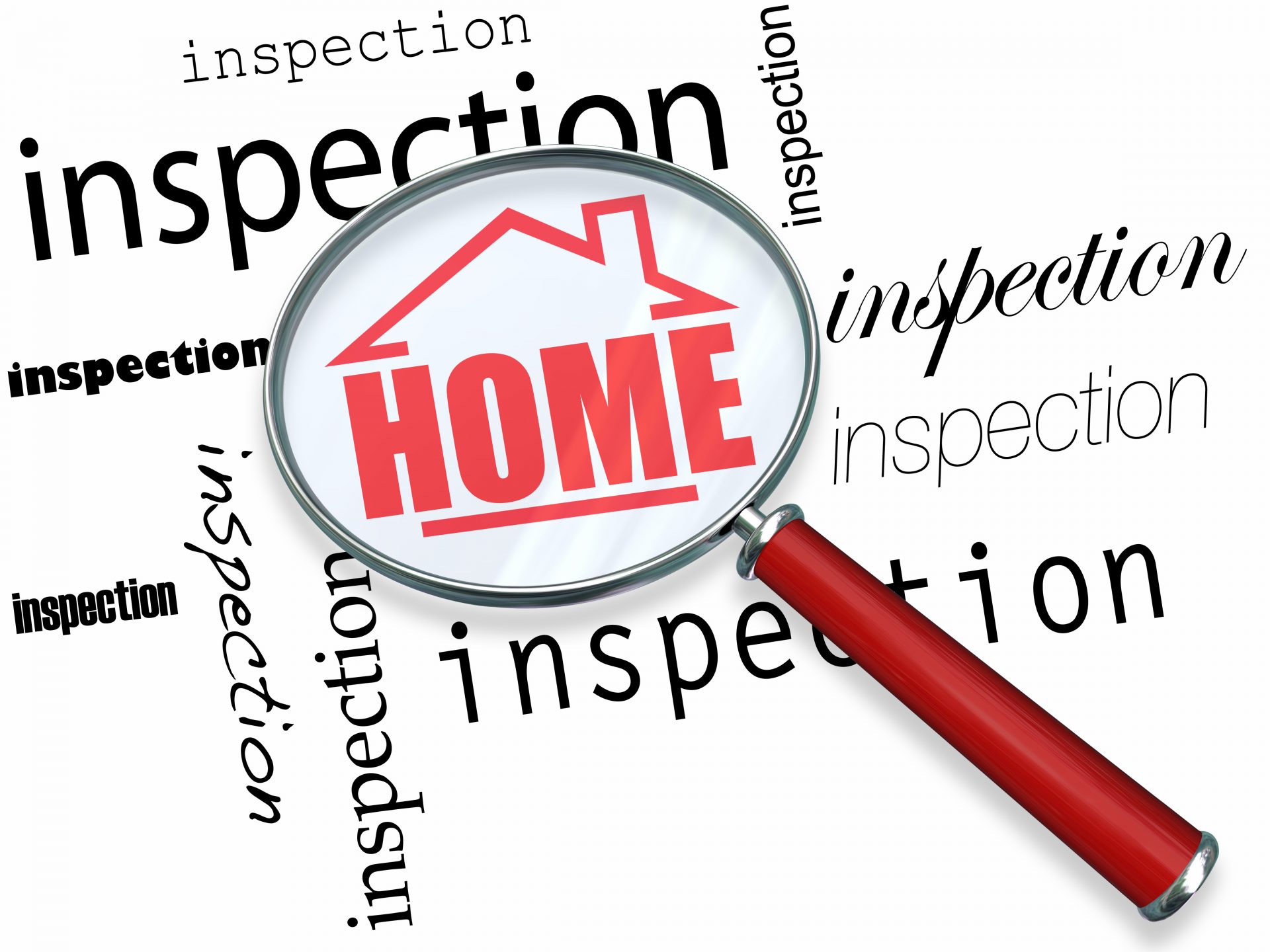Putting your potential new home through an inspection is an important part of the closing process, as this is when the inspector sifts through your home from top to bottom looking for anything that might be an issue either presently or in the future. But as much as your inspector is a professional and is likely to keep an eye out for the big things, there may be some little things the home inspector might miss – and those little ones can add up to big dollars later on.
One of the first things you’ll want your inspector to catch when you arrange for a thorough home inspection is whether or not all your new-to-you appliances are good to go, or on the verge of disrepair. This means checking out the washer and dryer, dishwasher and fridge for leaks or issues with their functionality. Have them be as thorough as possible with their inspection – it can make a big difference to catch a faulty or leaky appliance before it wreaks havoc on your new home.
Speaking of leaks, make sure your faucets are part of their inspection list. And that doesn’t mean a cursory on/off check – that means leaving them running in your bathroom, kitchen and anywhere else that a faucet can be turned on and tested. Each sink needs to be filled to test the drains and pipes. And while they’re testing the shower, have them test the shower tiles (if you have them) to ensure they’re in tip top shape as well. If the tiles are poorly caulked, that could create water damage down the road.
If your inspector doesn’t automatically inspect your drainage and sewage pipes, make sure you ask them to do so in order to check for cracks. This will require a special camera, so make sure you ask them in advance. It’ll add more to your final inspection bill, but it could save you buckets of cash as you avoid having to replace an entire piping system that suddenly stops working because you didn’t spot the fix earlier on.
It’s also wise to have your air conditioning tested for corrosion if you have central air and heating. If it’s cool out, your inspector may not turn on the AC because it can get damaged, so in that case, ask your inspector how they check for issues or damage. If it’s hot out, the AC will need to run for at least a couple hours to get an accurate sense of how it works.
Sometimes, homeowners try to save on house fixes by doing things themselves, which can be a blessing and a curse. If the previous owner was an amateur electrician, liked to make questionable repairs to appliances, attempted their own home renovation or maybe went so far as to make an addition, you’ll want your inspector to go through everything with a fine-tooth comb to make sure they’re not a major hazard… or if they are, make recommendations on how to fix everything.
You’ll also want to make sure they check out your porch, deck and/or balcony for dampness, which can cost major damage if left unchecked. Look for cracks and other issues that may lead to water seepage, and discuss options for repair. Remember, the more you know can save you – and your home – in the long run.
Source: Carrington Connects – https://www.carringtonconnects.com/info-hub/things-that-get-overlooked-by-home-inspectors
Posted by D. “Alex” Vaughn
Alex Vaughn, is a Broker Associate Realtor on The Vaughn Real Estate Team with Carrington Real Estate Services (US) LLC and specializes in helping first home buyers find condominiums and homes in the Greater Miami area. Alex is a highly experienced agent, offering end-to-end professional service.http://thevaughnrealestategroup.com/member/realtor-d-alex-vaughn/.




